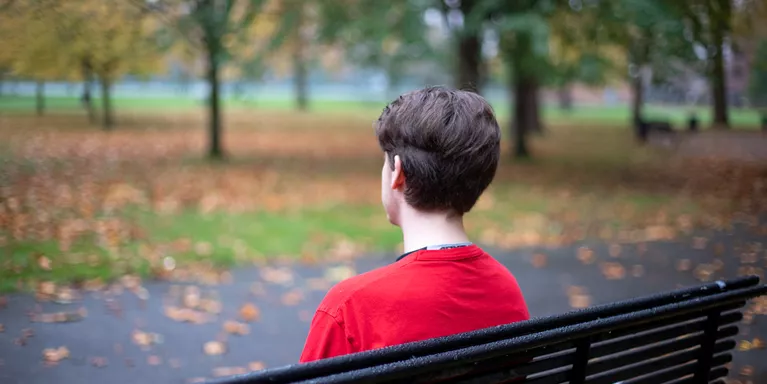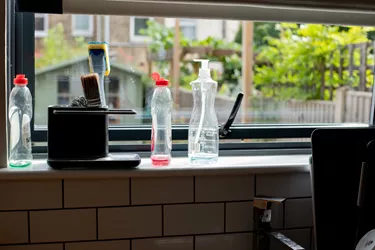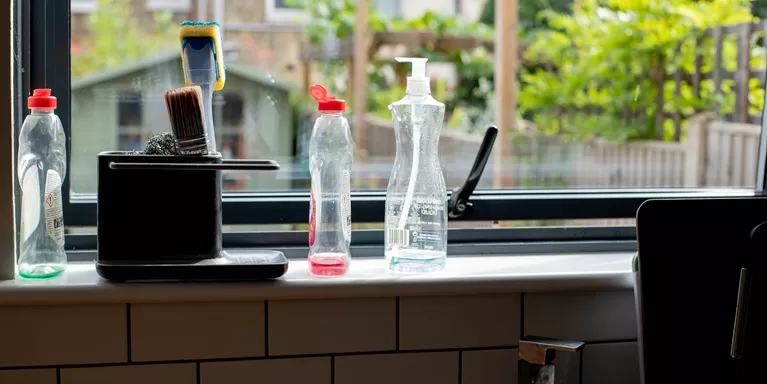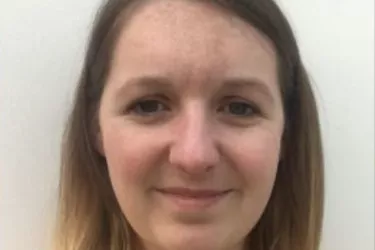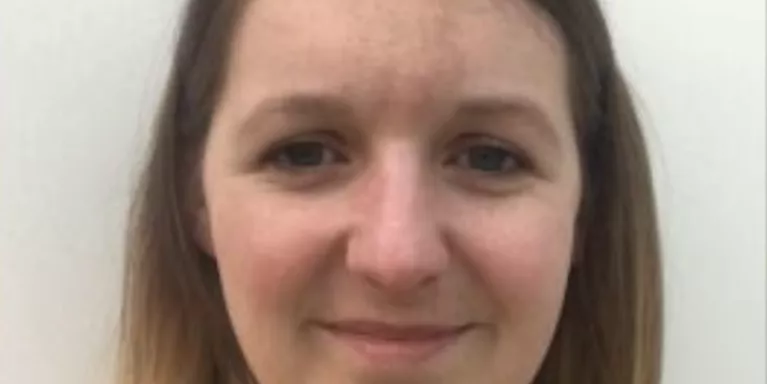What’s wrong with ‘a little OCD’?
Steve, a charity volunteer with personal experience of OCD blogs about why the misuse of the term 'a bit OCD' in the media and in everyday conversations is so damaging for people living with obsessive compulsive disorder.
This week (14 - 20 October) is International OCD Awareness Week 2013. So it’s a good time to speak up about a very misunderstood, and misrepresented mental health condition: Obsessive-compulsive disorder.
One of the things that the various OCD charities are trying to do is to get people to stop using the term 'OCD' incorrectly. Those of us who are, or have been affected by obsessive-compulsive disorder tend to grind our teeth whenever we hear colleagues, friends or people on social media describing other people (or themselves) as 'a bit OCD', 'so OCD', or 'really OCD'.
But what’s the harm in throwing around the term 'OCD' incorrectly in everyday conversations and in the media? I’m glad you asked...
There are a several reasons why it’s harmful and puts up extra barriers for people who are affected by OCD. Let’s look at a few of them.
Firstly, misinformation about OCD may stop genuine sufferers from realizing that they even have OCD. For example I lived with OCD for twenty or thirty years before realising it, and that’s not an unusual story.
If you think that OCD is just about hand-washing and lining things up symmetrically, then you’re quite likely not to identify it with your own experiences, which may not involve those things at all.
For many people with OCD, their obsessions (the things they can’t seem to stop worrying about) often relate to harm and responsibility. Their compulsions (the things they do to try to deal with their feelings of anxiety, disgust or fear) can include things like hand-washing or checking, but can take lots of other forms as well. They can be things that they do entirely in their heads and are invisible to everyone around you, and so easy to hide from the world.
Secondly, the everyday drip-drip-drip of jokes, comments and put-downs -- in your office, classroom, your home, and on social media -- creates an overall impression that OCD is something quite trivial, or comical, and not a serious illness.
This couldn’t be further from the truth. OCD is a debilitating, horrible condition, and it can ruin your quality of life. Many of us just struggle on for years, trying to cope with our OCD without any help, often not even realising that we’re suffering from a diagnosable illness, until we reach our own personal breaking point, and feel like we just can’t go on without some urgent help.
The media is constantly reminding us that all types of health services are short of cash and resources these days. So if OCD is constantly painted as a trivial problem among the general public, what effect do you think that has when mental health resources are being allocated?
Another result of the misuse of the term 'OCD' is that, when people are trying to tell their colleagues, family members and friends that they are suffering from OCD, they not only have to build up the courage to reveal their illness; they also have to educate the people around them about what that actually means.
If you have OCD, it’s likely to have a big impact on your job, your studies, or your family life – probably on all of those things. For example, you may need your employer or your university to make a number of 'reasonable adjustments' for you to enable you to carry on in your job or your studies. Getting your employer or your college to agree to put those reasonable adjustments in place can be very difficult anyway – but much more difficult if they don’t even recognize your OCD as the serious illness that it actually is.
In addition, if you are living with obsessive-compulsive disorder, it’s very likely that you feel deeply ashamed of the thoughts that are tormenting you every day, so having to fight for those adjustments to be put into place can be a massive struggle.
Typically a person living with OCD will have been living with their illness (and probably hiding it) for a long time before they ever tell their doctor or approach their local mental health service for some help. Trivialisation and misunderstandings around what they are experiencing only makes this worse.
If you think that someone close to you might be living with OCD, then it could be that they’re going through a huge amount of distress every single day.You can help to make their life a little bit easier by learning about what they’re going through, cutting out the 'OCD' jokes and put-downs and talking about OCD the same way that you’d talk about any other mental health problem.
By doing that, you’ll start to become part of the solution, instead of being part of the problem.


Information and support
When you’re living with a mental health problem, or supporting someone who is, having access to the right information - about a condition, treatment options, or practical issues - is vital. Visit our information pages to find out more.
Share your story with others
Blogs and stories can show that people with mental health problems are cared about, understood and listened to. We can use it to challenge the status quo and change attitudes.













